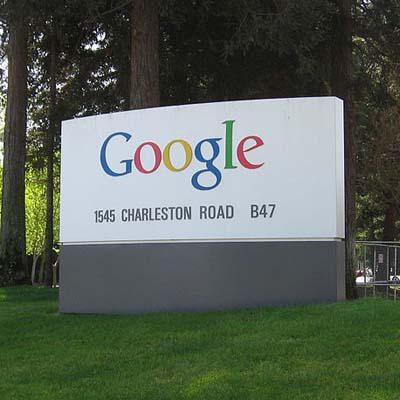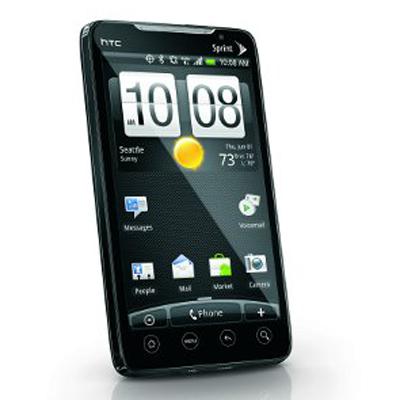5 Companies That Had A Rough Week

This week's roundup of companies that had a rough week include top management changes at Acer, Samsung's latest loss in its patent battles with Apple, poor consumer grades for a leading wireless services company, and a fine paid by Google for a privacy breach.
Oh, and more evidence that businesses, IT vendors, government agencies -- pretty much everybody -- still aren't taking IT security seriously enough.

Just two weeks after president Jim Wong was tapped to be the company's next chief executive, the Taiwanese PC maker this week said Wong and chairman and CEO J.T. Wang (pictured) had both resigned from their positions in light of the company's third-quarter loss of $446 million.
Acer, the world's No. 4 PC maker, once had a thriving netbook business, which has been hammered by the rise in tablet computer sales.
Acer said it was bringing back company founder Stan Shih as chairman and president to help turn the company around, a move applauded by Acer's channel partners.

A U.S. jury in a San Jose, Calif., federal court awarded Apple about $290 million in damages this week in a retrial of a patent case against Samsung Electronics. Apple charged that Samsung had copied a number of iPhone features on its own smartphones.
The two companies have been embroiled in patent disputes for a couple of years. Last year, Apple was awarded more than $1 billion in damages in the case. But this year a judge ordered a retrial on part of the verdict, ruling that the jury made some errors in its calculations, according to a Reuters story. That led to the latest trial and verdict.
Samsung channel partners said they did not think the verdict would hurt sales of Samsung smartphones.

A string of hacktivist attacks against government agencies this year may stem from private-sector data breaches, according to a leaked FBI document that illustrates how inadequate security practices remain widespread in both the public and private sectors.
The FBI document looks at security incidents at multiple government agencies, including the U.S. Army, Department of Energy, and Department of Health and Human Services, among others. The document said the attacks could have been made possible by private-sector security incidents, such as the security breach at Adobe earlier this year, in which attackers accessed millions of encrypted passwords and company source code -- information hackers could use to infiltrate government systems.
The FBI report makes clear that everyone -- software vendors, private companies and government agencies -- all have to step up their security game.

While security problems can arise through neglect, as the previous slide described, others are the result of more deliberate actions. This week, Google agreed to pay $17 million in compensation to 37 U.S. states after the company tracked consumers online without their knowledge, according to a story in The Telegraph.
The settlement was for a case in which Google circumvented privacy settings in Apple's Safari browser in 2011. While Safari blocks tracking cookies by default, Google overrode the settings to track users on desktop computers and iPhones.
Last year, Google paid a $22.5 million fine to the U.S. Federal Trade Commission in the same case.

Sprint fell to dead last among U.S. wireless service providers in a Consumer Reports survey of consumers.
The good news for Sprint (and Sprint customers) was that it was second only to survey winner Verizon in overall customer satisfaction. But Sprint got what Consumer Reports called "dismal marks" for value, 4G reliability, voice and text services.
In a statement, Sprint attributed the poor results to work the company is currently performing to build out and upgrade its network, and said that customer satisfaction should rise when that work is done, according to a CNN story.